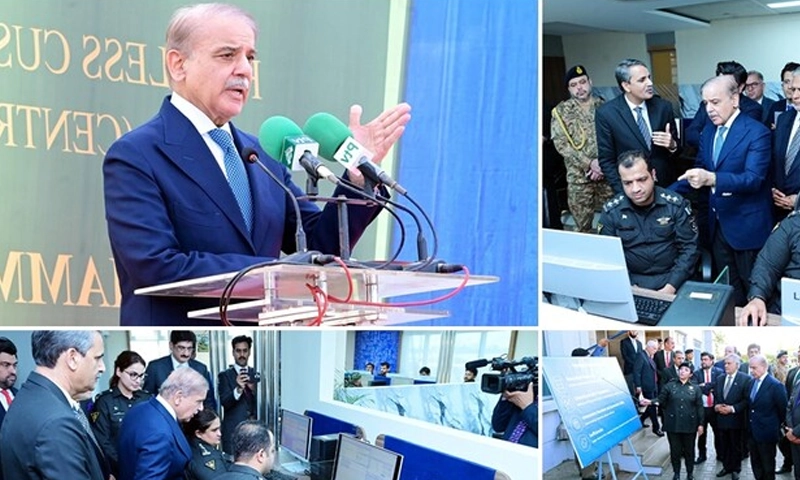- Web
- Feb 05, 2026
FBR’s faceless system causing delays, revenue drop: report
-

- Web Desk
- Jun 09, 2025

ISLAMABAD: The ‘Faceless Customs Assessment System’ introduced by the Federal Board of Revenue (FBR) was initially presented as a modern, corruption-free initiative. However, questions are now being raised about whether this system truly promotes transparency and ease of doing business — or if it is worsening Pakistan’s revenue system and creating new challenges for businesses.
At the end of 2024, the FBR announced that customs clearance operations across the country would be digitised and made ‘faceless’.
The goal was to minimise human intervention and establish a transparent, faster, and more efficient system. But a recent report by a committee formed under the FBR has revealed troubling findings about the system’s implementation.
‘Delays in Clearance and Drop in Revenue’
The committee under the Directorate General of Customs Risk Management System revealed in its report that the faceless system has led to increased delays in customs clearance, a decline in revenue collection, and growing frustration among traders.
According to the report: “In the absence of physical examination, the average clearance time has risen from 25 hours to 46 hours. For goods that require inspection, the time has surged to as much as 87 hours. Moreover, the rate of review requests has jumped from 6 per cent to 14 per cent, indicating a growing lack of trust in the system.”
Who Pays the Price of Inflation and Delays?
Experts note that when clearances are delayed, importers must pay heavy fees such as demurrage and detention charges to shipping companies. These additional costs eventually fall on the end consumer.
An importer told Urdu News that “Under the faceless system, we had to wait up to three days to clear our consignments, costing us thousands of rupees in extra charges per container.”
These added expenses ultimately result in higher market prices—further burdening consumers already grappling with inflation.
Why Has Revenue Dropped?
The report highlights a significant drop in revenue between July 2024 and April 2025.
“Before December, the average additional duty rate was 16 per cent. Afterward, it fell to 13 per cent. Monthly revenue figures fluctuated wildly, sometimes dropping by 20 per cent or spiking by 74 per cent—indicative of system instability,” it said.
Experts say the inconsistency reflects the system’s unreliable performance, especially in key sectors like chemicals and textiles that previously had dedicated expert teams but are now facing clearance hurdles.
The report further notes that “Trader history has been blocked, rendering risk assessments ineffective. As a result, import decisions are now being made based on speculation rather than data, causing further delays.”
Faceless But ‘Concentrated Authority’?
A startling revelation in the report stated that “The Chief Collector Appraisement South has suspended the legal powers of all collectors and additional collectors, concentrating all authority in the hands of a few.”
It also states that: “The Intelligence and Investigation wing has been suspended, and specific officers are being used to delay the review process—forcing traders to absorb additional costs instead of opting for a review.”
Importers and clearing agents from Karachi, Lahore, and Sialkot told Urdu News they preferred the older system: They said: “At least we could talk directly to a responsible officer and explain our problem. Now, neither the system responds nor the helpline—just email after email, with no progress.”
Recommendations: Pause and Recalibrate
The report recommends halting the further expansion of the system and reinstating conventional clearance models for high-risk sectors like automobiles, textiles, and chemicals.
Economists and trade organisations are now urging the FBR to re-evaluate the system and implement reforms that align with on-ground realities.




